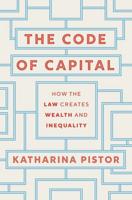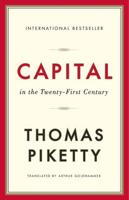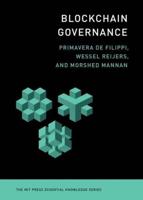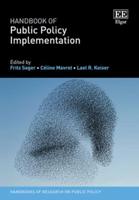Publisher's Synopsis
Eviction and poverty are deeply intertwined, creating a vicious cycle that is difficult to escape. This chapter explores how eviction and poverty reinforce each other, the economic burden of sudden displacement, and the psychological and social effects on families caught in this trap.
How Eviction and Poverty Reinforce Each OtherEviction is both a cause and a consequence of poverty. For families living paycheck to paycheck, an unexpected expense-such as a medical bill or car repair-can make it impossible to pay rent. Once evicted, these families often struggle to find new housing because landlords are reluctant to rent to someone with an eviction record. This can lead to periods of homelessness or force families into substandard housing in unsafe neighborhoods, further entrenching their poverty.
Moreover, the costs associated with eviction-such as moving expenses, storage fees, and lost belongings-can deplete already limited financial resources. The financial instability caused by eviction makes it even harder to secure stable housing in the future, perpetuating the cycle of poverty.
The Economic Burden of Sudden DisplacementSudden displacement due to eviction imposes significant economic burdens on families. The immediate costs of finding a new place to live, often under time pressure, can be overwhelming. Families may have to pay higher rents in less desirable areas, or they may be forced to double up with relatives or friends, leading to overcrowded and unstable living conditions.
In addition to the direct costs, eviction can disrupt employment. The stress and logistical challenges of finding new housing can lead to missed workdays, and in some cases, job loss. For those who rely on public transportation, moving to a new area may increase commute times or make it difficult to get to work altogether. This loss of income further exacerbates financial instability, making it even harder to break free from the cycle of poverty.
Psychological and Social Effects on FamiliesThe psychological toll of eviction is profound. The stress of losing one's home can lead to anxiety, depression, and a sense of hopelessness. For children, the instability caused by eviction can disrupt their education, leading to lower academic performance and higher dropout rates. The trauma of eviction can also strain family relationships, as parents and children alike struggle to cope with the upheaval.
Socially, eviction can lead to isolation. Families may lose their support networks when they are forced to move to new neighborhoods, and the stigma of eviction can make it difficult to form new connections. This social isolation can further exacerbate the psychological effects of eviction, creating a feedback loop that makes it even harder for families to recover.
TAGS: poverty for profit; poverty policies; poverty made in america; life of poverty; poverty in america; eviction book; emotional poverty; urban poverty; books on homelessness; homelessness essentials; cycles of poverty; poverty problem; low income fees; eviction; poverty industry; homelessness in the city; poverty in the united states; poverty and profit in the american city; poverty knowledge; poverty in america book; housing crisis; housing insecurity; nonfiction books on poverty; books about homelessness; urban studies; best books about poverty and eviction; books on housing crisis in America; evicted book summary; eviction stories and poverty










